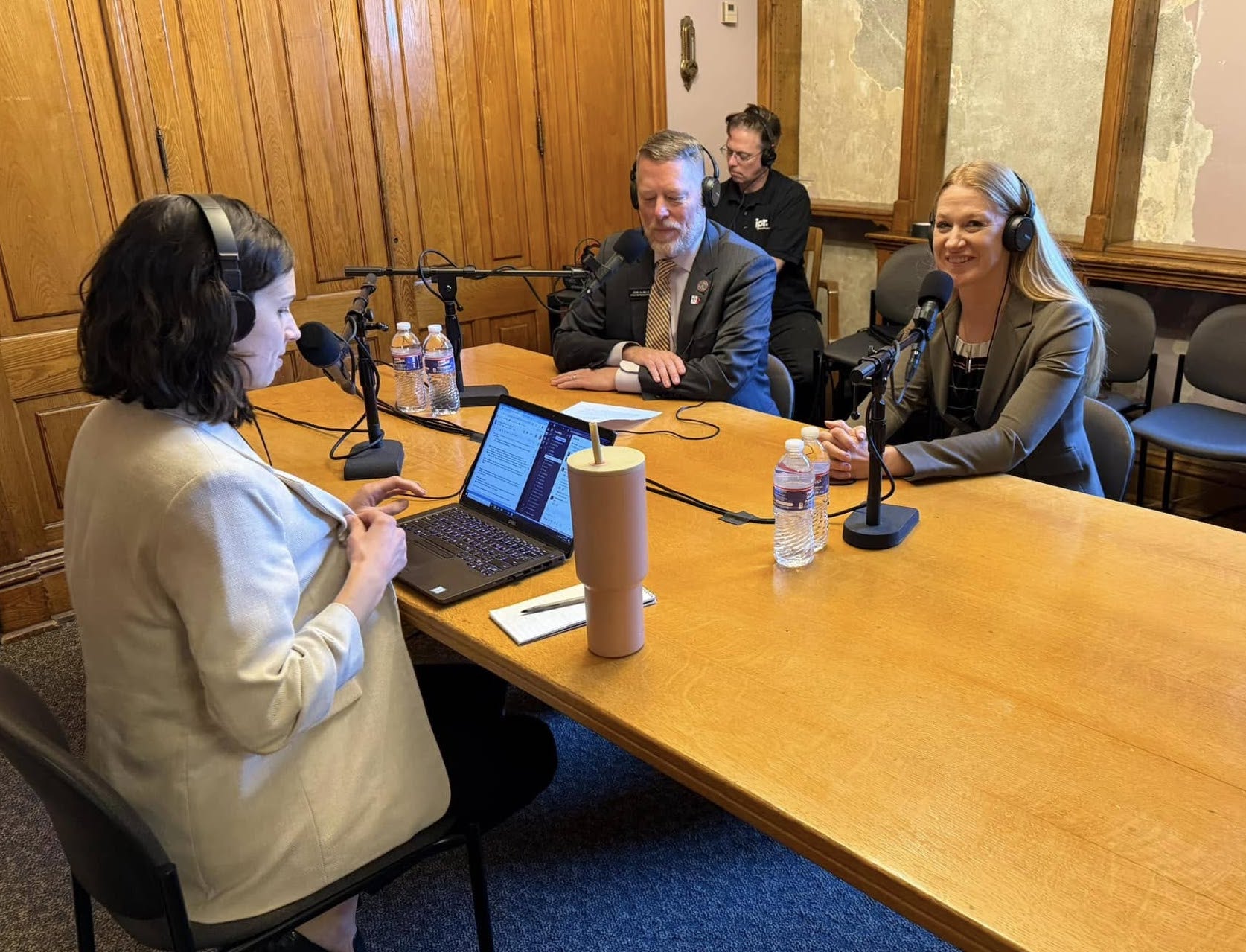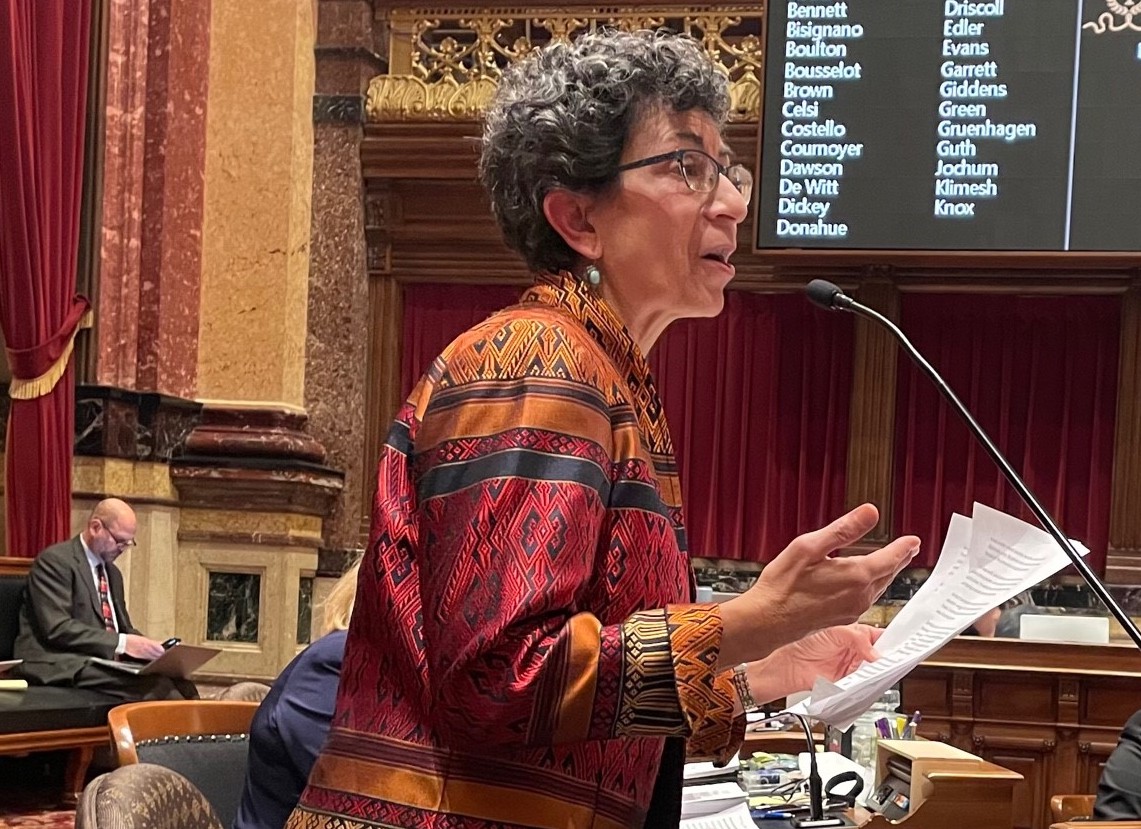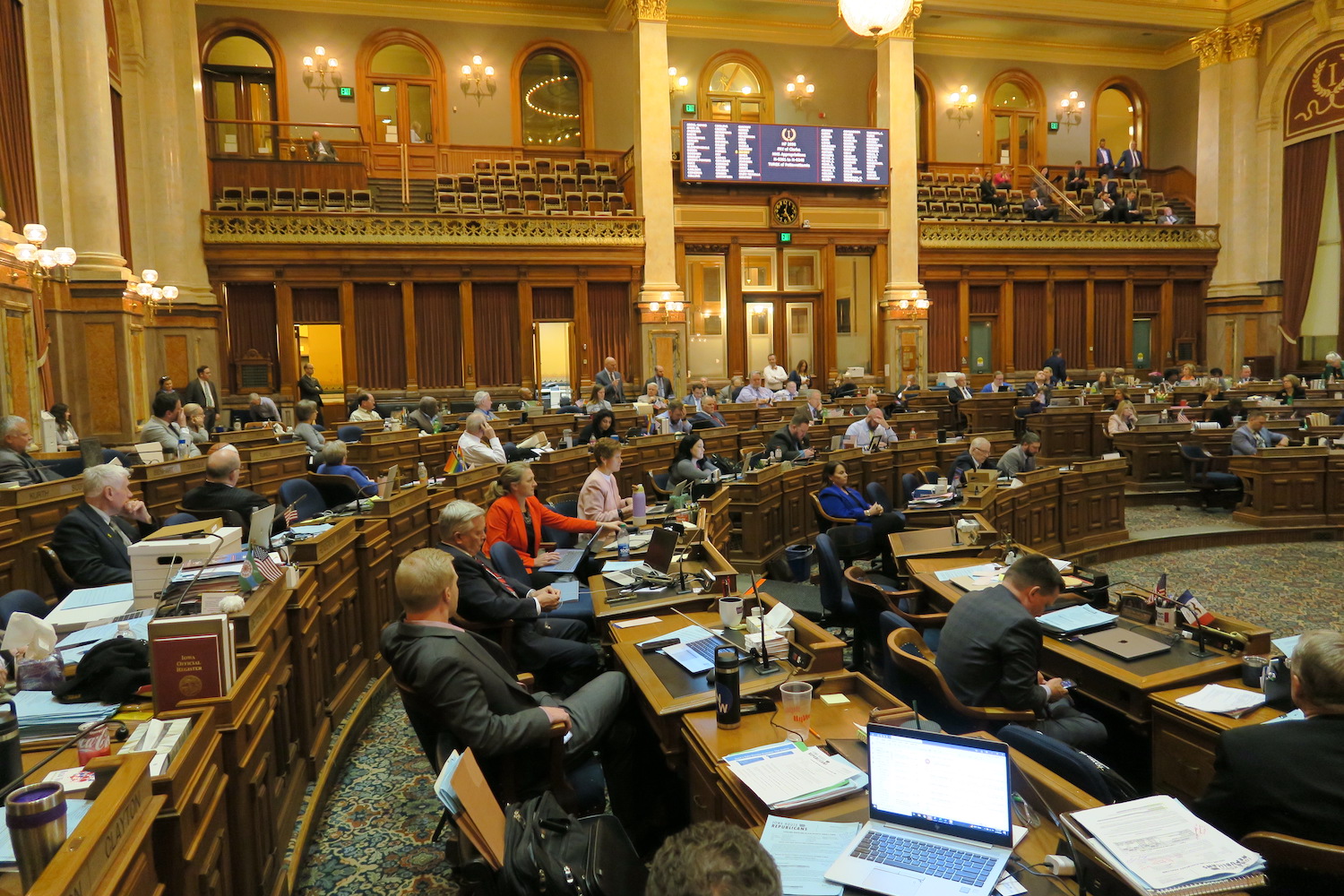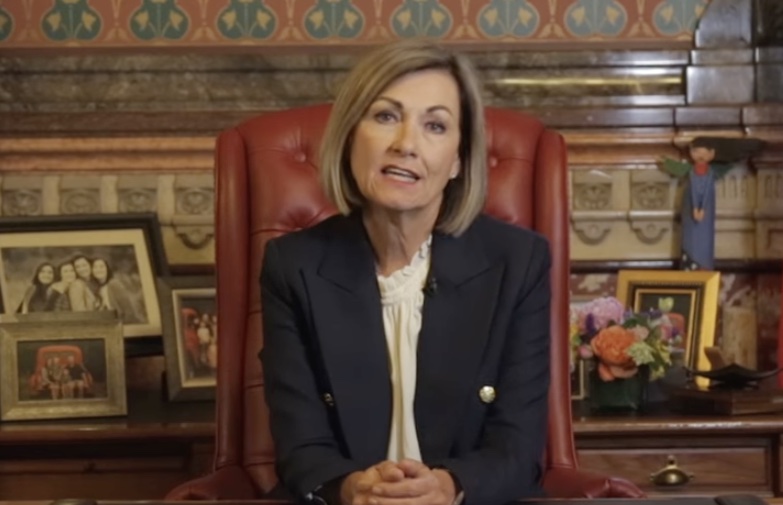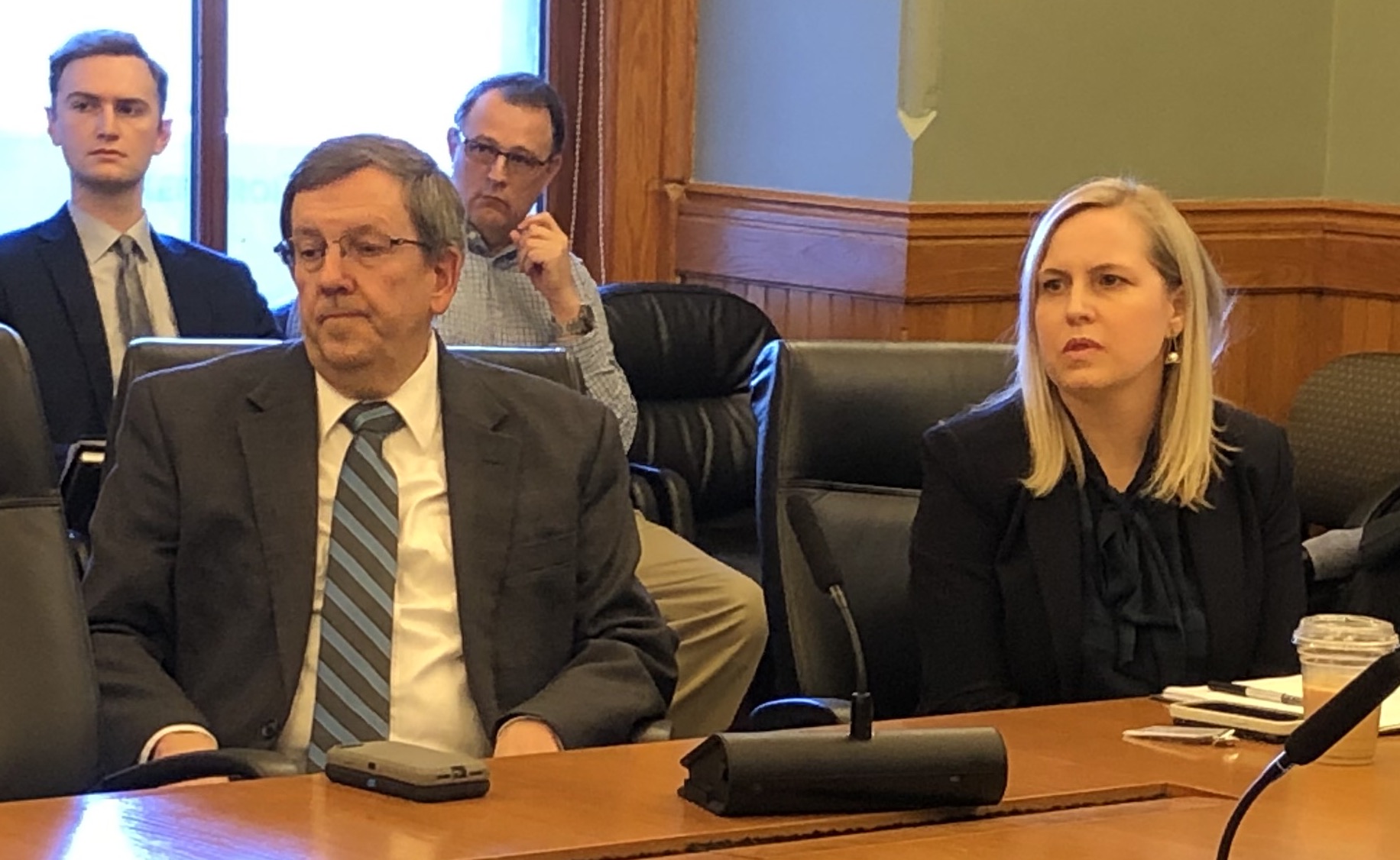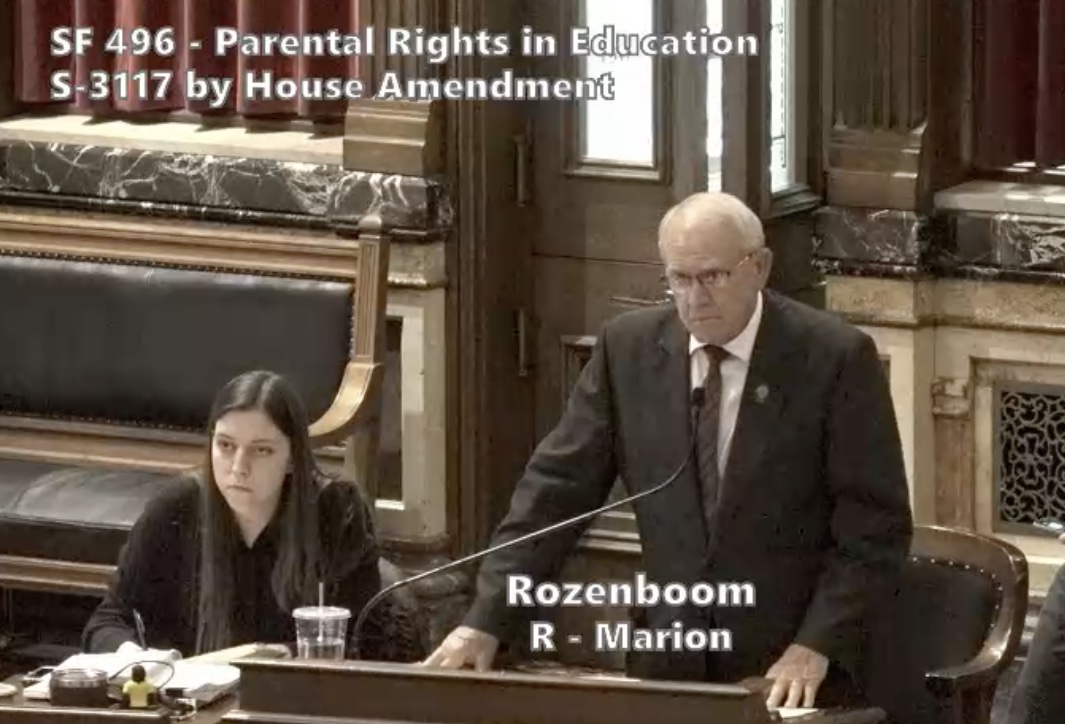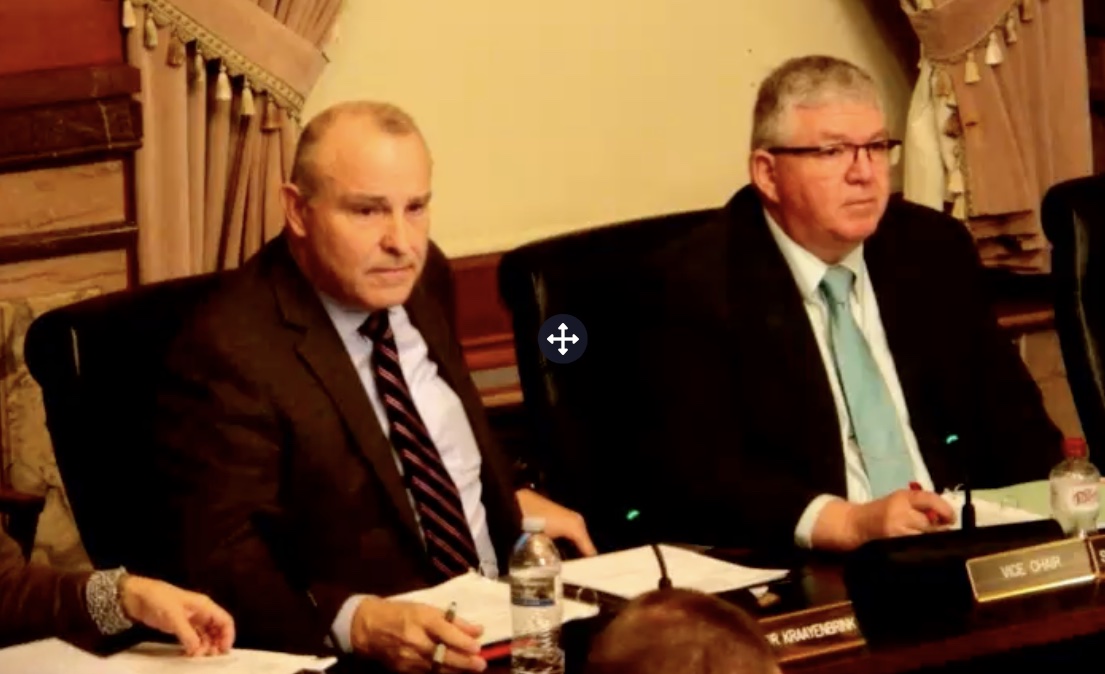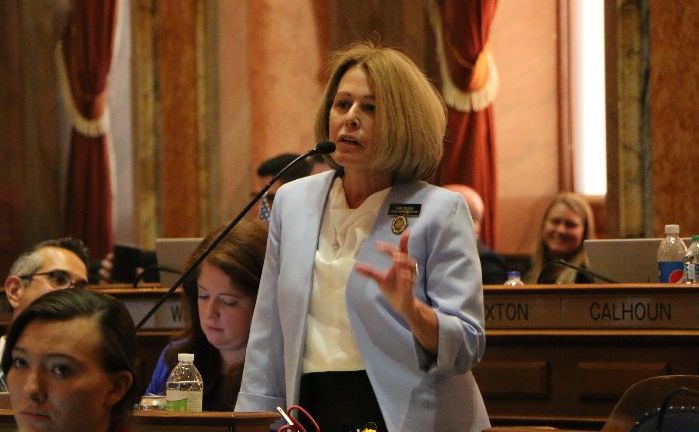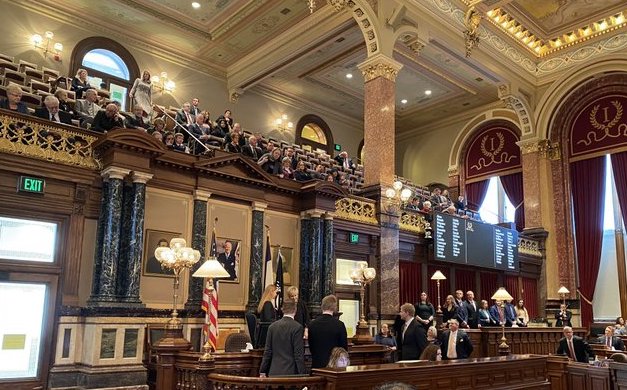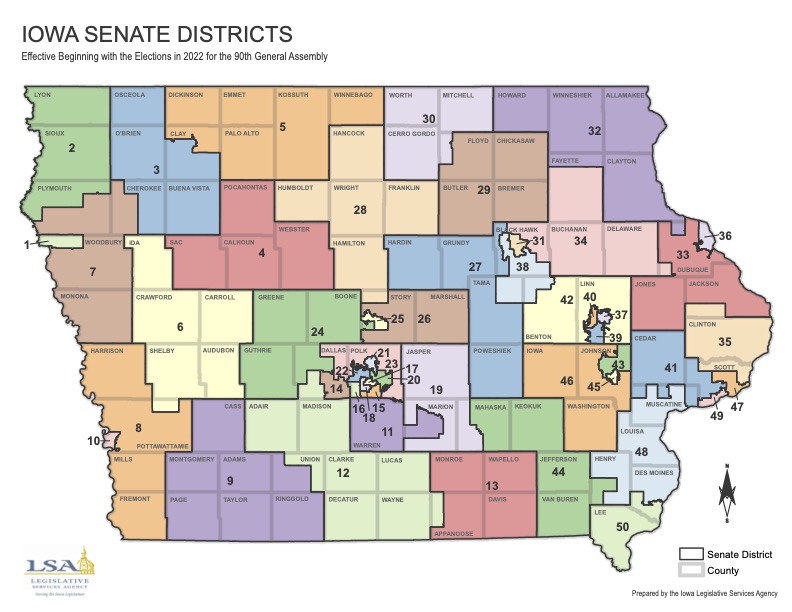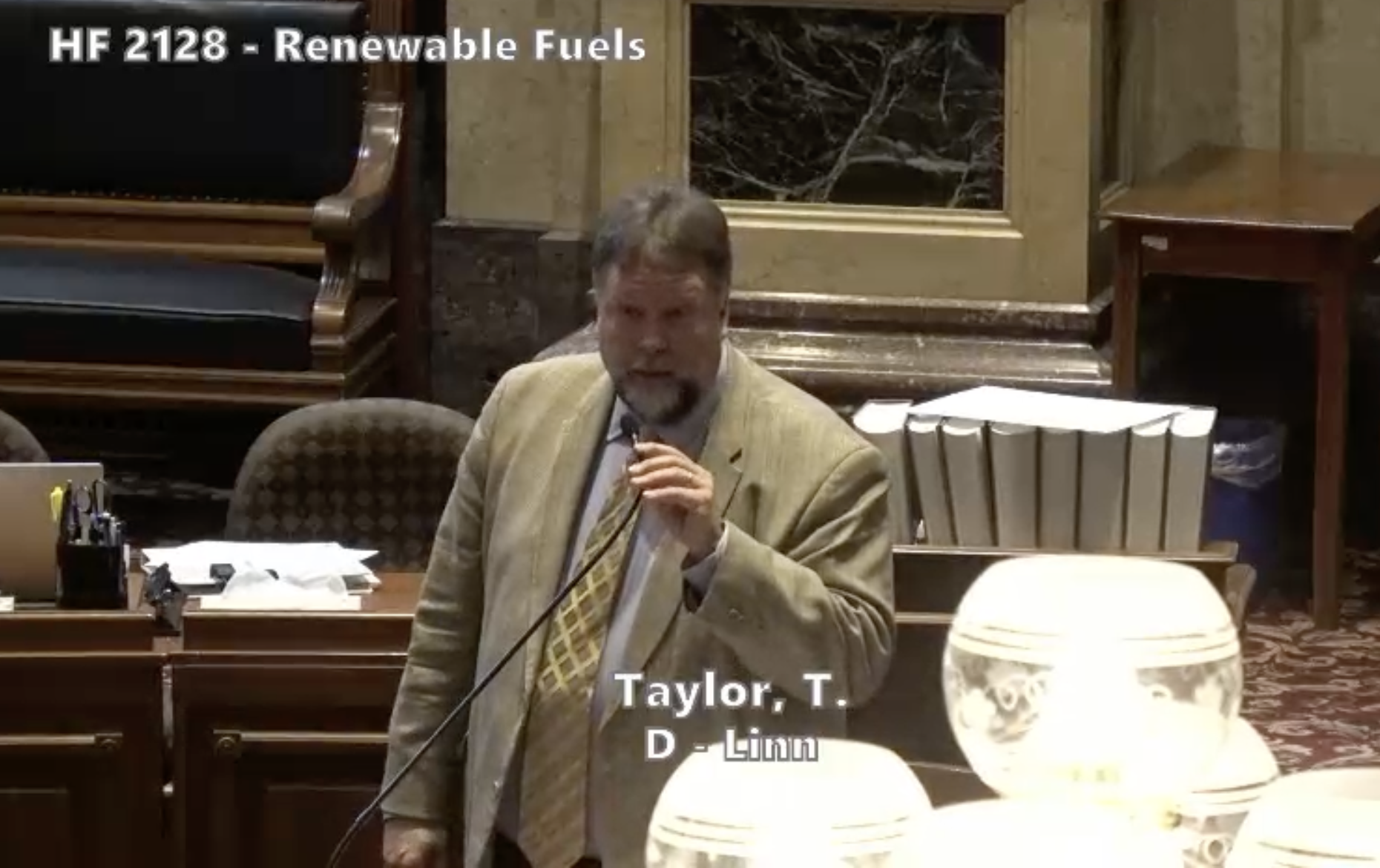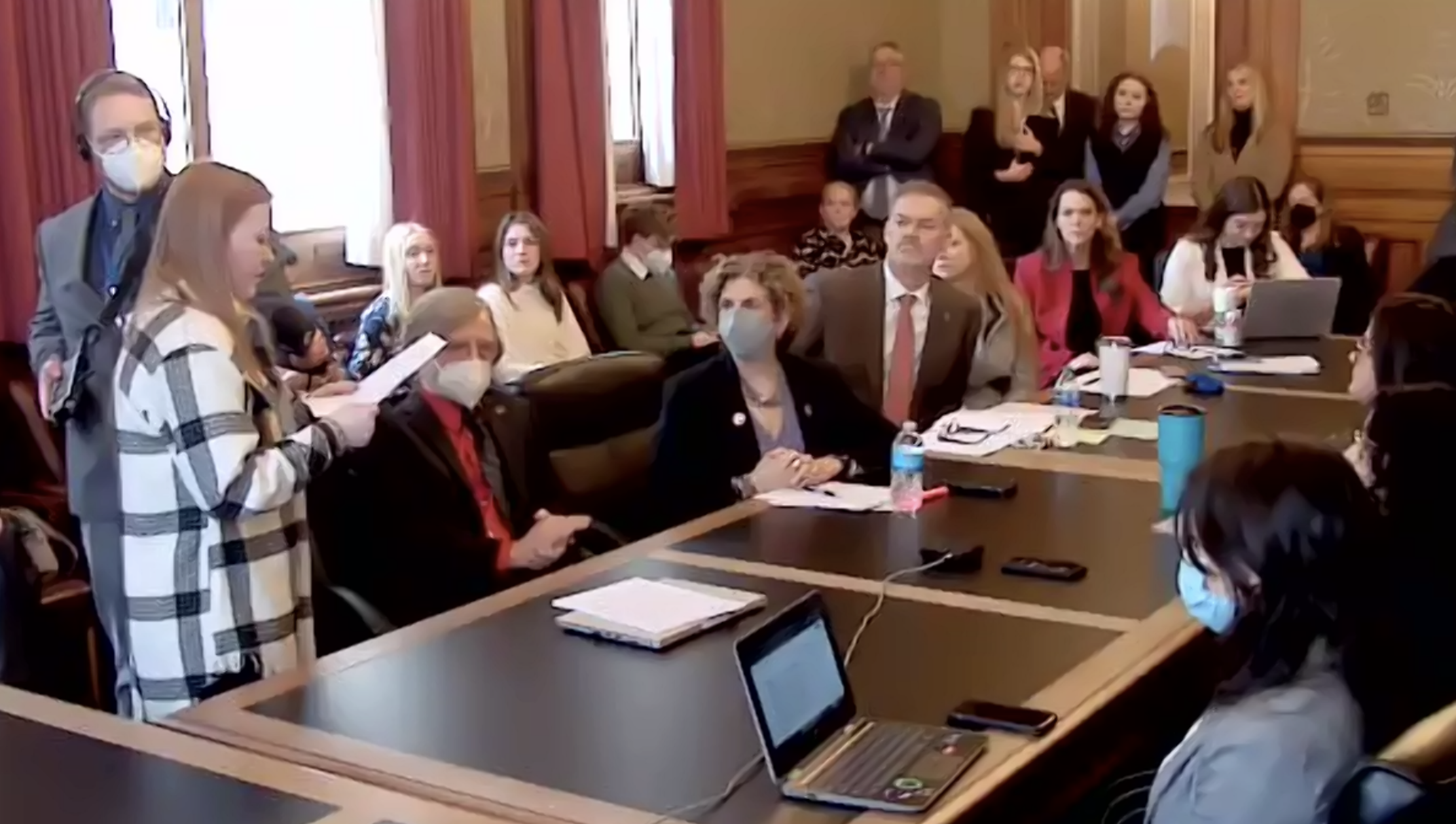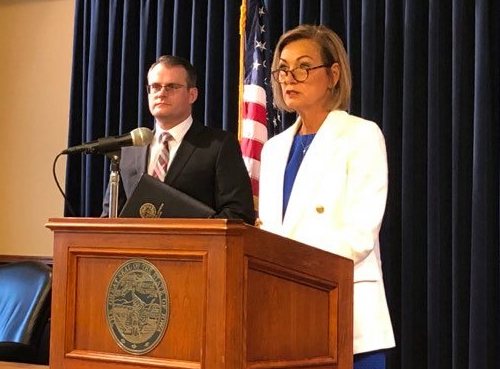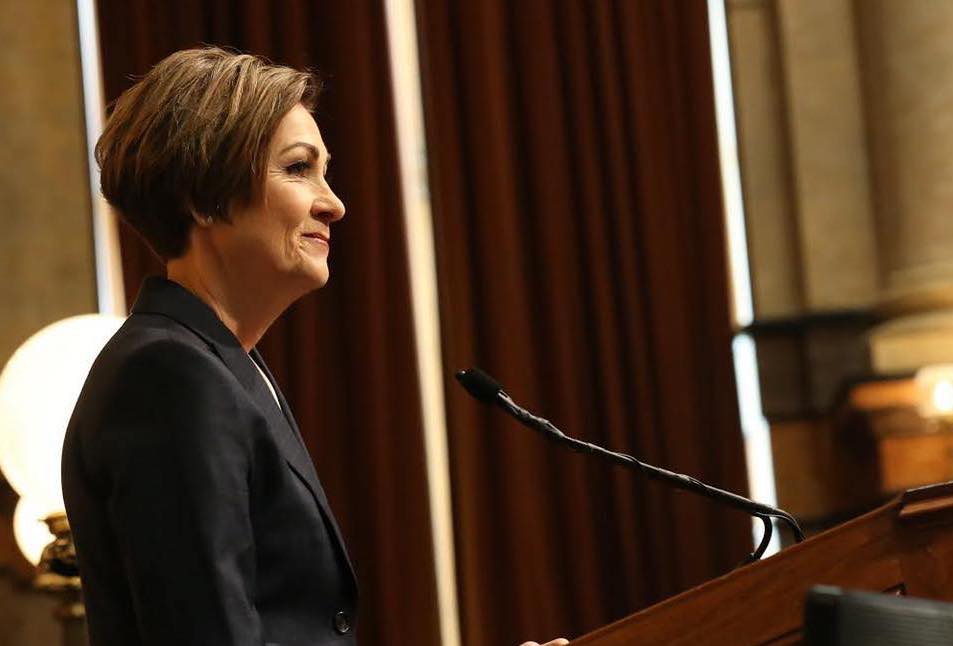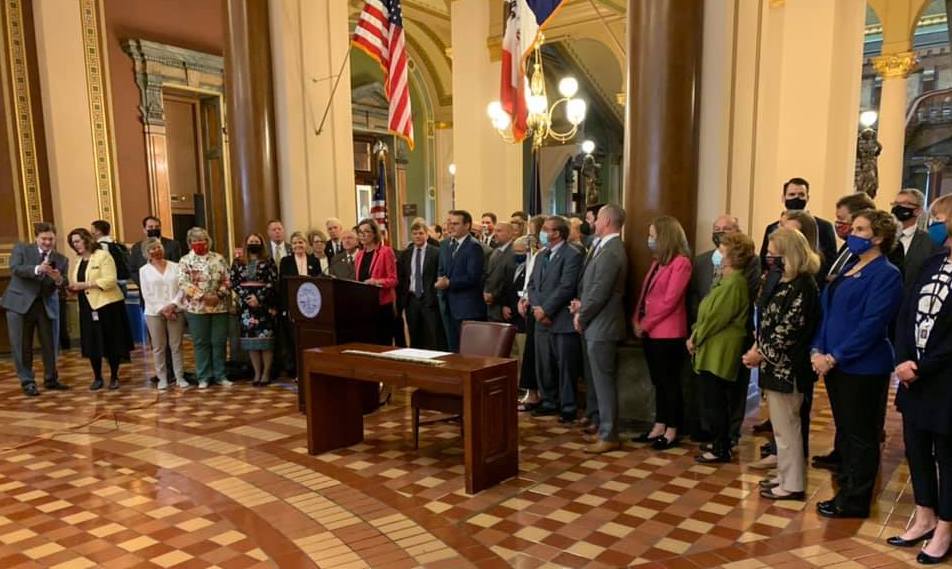West Des Moines City Council member Renee Hardman won big in the December 30 special election to represent Iowa Senate district 16. Unofficial results show the Democrat defeated Republican Lucas Loftin by 7,341 votes to 2,930 (71.4 percent to 28.5 percent), a margin of about 43 points in a district Kamala Harris carried by about 17 points in 2024.
Hardman will make history as the first Black woman to serve in the Iowa Senate. Her win also means Democrats will hold seventeen of the 50 Iowa Senate seats during the 2026 legislative session, depriving Republicans of the two-thirds supermajority needed to confirm Governor Kim Reynolds’ nominees without any Democratic support.
In an emotional speech to supporters after results were in, Hardman acknowledged the late State Senator Claire Celsi, a personal friend who had managed her first city council race in 2017. “Claire led with courage, she loved this community fiercely. […] We will continue the work she cared about so deeply. We will honor her legacy, and we won’t give up the fight for a better Iowa.” The victory party was at Tavern II, a West Des Moines restaurant where Celsi regularly held her own campaign events.
The outcome was not a surprise, given the partisan lean of Senate district 16 and a massive ground game that gave Democrats a substantial lead in early votes banked.
Still, we can learn a few lessons from the lopsided special election result.
Continue Reading...







